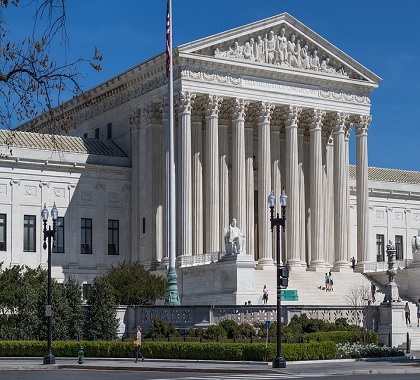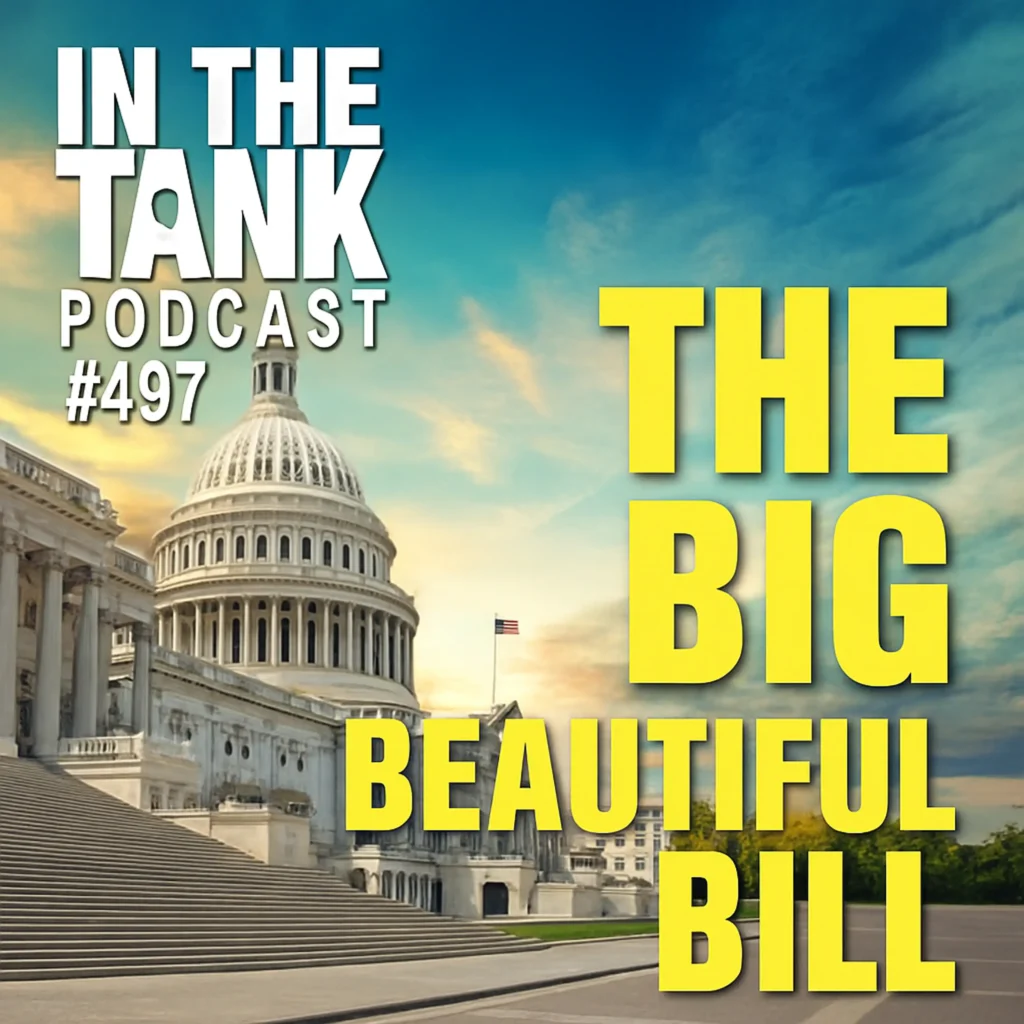The U.S. Supreme Court will hear a case to determine whether governments can deduct union fees from public sector employees’ paychecks without their permission.
Oral arguments in Janus v. American Federation of State, County, and Municipal Employees began on February 26.
Illinois Department of Healthcare and Family Services child support specialist Mark Janus is suing to establish the right of individual government employees to decide whether to accept membership in labor unions and contribute money to them.
Currently, many government employees are required to contribute funds to a labor union as a condition of employment.
Janus is seeking the reversal of a 40-year-old Supreme Court ruling, Abood v. Detroit Board of Education, which denies government employees the right to opt out of membership if employed in an office where workers are unionized.
Predicts ‘Huge Positive Effect’
Teresa Mull, a research fellow in education policy for The Heartland Institute, which publishes Budget & Tax News, says a victory for Janus would be a big win for a multitude of government employees.
“The court’s decision could have a huge positive effect on government employees who do not feel that the voice of the union represents them,” Mull said. “With any luck, a ruling in favor of the plaintiff will free thousands of workers from the oppressive shackles of the powerful unions and lead to their eventual downfall through a decline in members and their forced financial contributions. Such an outcome has the potential to undermine a corrupt system and improve the lives of everyone in America who suffers from their greedy behavior.”
Taxpayers would enjoy benefits from a ruling favoring Janus, Mull says.
“If unions lose members and their demands decline, taxes for everyone would be lower, and taxpayers would be relieved across the board,” Mull said. “I believe there is a potential benefit to all wage-earners if government-employee unions are diminished.”
Speech Rights Issue
John Eastman, founding director of the Claremont Institute’s Center for Constitutional Jurisprudence and Henry Salvatori Professor of Law & Community Service at Chapman University’s Fowler School of Law, says a ruling in Janus’ favor would restore government employees’ free-speech rights.
“It would mean they would regain control over their own political speech,” Eastman said. “Why should unions be any different than any other political association, deriving donations based on the persuasiveness of their arguments rather than being able to use the compulsory power of the state to force people to support them?”
Eastman says although public-sector unions and private unions are not alike, past cases ignored the distinctions.
“The main focus of this litigation has been that public-sector unions are different,” Eastman said. “That distinction did not get explored in the 1970s Abood case, when the Supreme Court first applied compulsory dues rules to public sector unions. The reasoning of the ruling could well go beyond that distinction, in which case future challenges to compelled fees by nonmembers in the private sector context might be susceptible to challenge down the road.”
Punishing Productivity
Eastman says he’s seen firsthand how forced union membership can lead to poor representation for dues-payers.
“I was a forced-union member when I was in college, working as an ad designer for Southwestern Bell,” Eastman said. “The union didn’t like my high level of productivity, so they pressured the company to eliminate my part-time job. I filed a complaint, but the union had negotiated an exclusive arrangement with the company for resolving complaints. As my exclusive representative, they declined to push the complaint, and my breach of contract claim was denied.”




